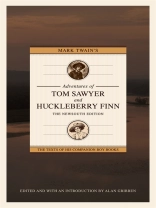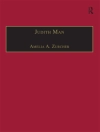In a radical departure from standard editions, Twain’s most famous novels are published here as the continuous narrative that the author originally envisioned. More controversial will be the decision by the editor, noted Mark Twain scholar Alan Gribben, to eliminate the pejorative racial labels that Twain employed in his effort to write realistically about social attitudes of the 1840s.
Gribben points out that dozens of other editions currently make available the inflammatory words, but their presence has gradually diminished the potential audience for two of Twain’s masterpieces. ‘Both novels can be enjoyed deeply and authentically without those continual encounters with the hundreds of now-indefensible racial slurs, ‘ Gribben explains.
About the author
Fifty years of research and travel resulted in ALAN GRIBBEN’s two-volume Mark Twain’s Literary Resources: A Reconstruction of His Library and Reading. Gribben was the editor of the Mark Twain Journal: The Author and His Era and for fifteen years he reviewed books and articles about Mark Twain for American Literary Scholarship, An Annual. His New South editions of The Adventures of Tom Sawyer and Adventures of Huckleberry Finn offered altered versions of the texts, which omitted racial slurs. He also coedited Mark Twain on the Move: A Travel Reader. Gribben’s Harry Huntt Ransom: Intellect in Motion was the first biography about the eminent library founder at the University of Texas at Austin. Forty-five years as an English professor concluded with Gribben’s retirement from the classroom in 2019.












